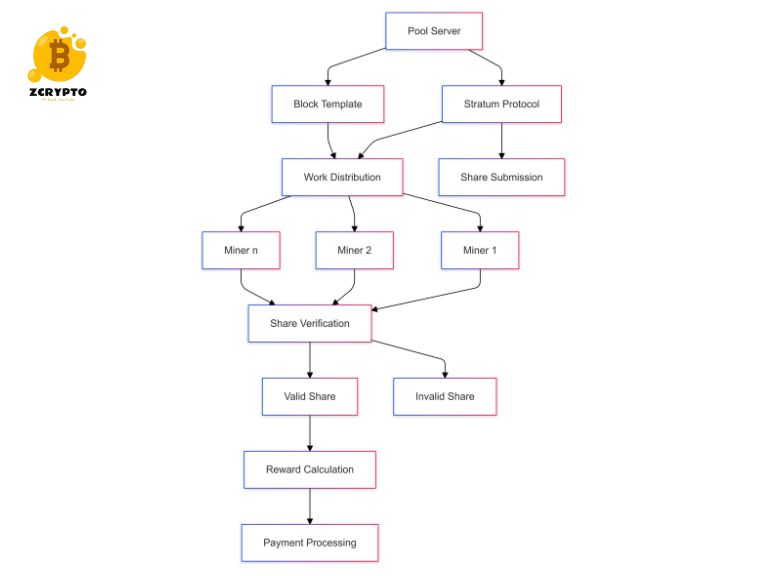What is a Forward Exchange Contract?
A forward exchange contract (FEC) is an agreement between two parties to exchange currencies at a preset rate on a future date. Unlike spot transactions, which are executed immediately, FECs allow businesses to lock in exchange rates for future transactions. These contracts are not traded on centralized markets but are instead over-the-counter agreements tailored to the specific needs of the parties involved.
- Understanding Exchange Control: How Governments Regulate Foreign Currency Transactions to Ensure Economic Stability
- Understanding Form 1099-R: A Comprehensive Guide to Retirement Account Distributions and Tax Implications
- Unlocking Growth: Comprehensive Financing Solutions for Consumer Goods Businesses
- Understanding Forfeited Shares: Implications and Strategies in Finance and Investment
- Mastering the Dow Theory: A Comprehensive Guide to Market Trends and Investment Strategies
The flexibility of FECs is one of their key advantages. Businesses can customize various terms such as the contract size, delivery date, and currency pairs to suit their specific requirements. This customization ensures that the contract aligns perfectly with the business’s financial plans and needs.
Bạn đang xem: How Forward Exchange Contracts Protect Your Business from Currency Fluctuations
Benefits of Forward Exchange Contracts
Lock in a Currency Rate
One of the primary benefits of FECs is the ability to lock in a currency rate for future transactions. This feature protects businesses against adverse exchange rate movements, ensuring that costs and revenues remain predictable. For instance, if a company knows it will need to purchase materials from another country in six months, it can lock in the current exchange rate to avoid potential losses due to currency fluctuations.
Hedge Against Currency Fluctuations
FECs are excellent tools for hedging against currency fluctuations. By fixing the exchange rate in advance, businesses can ensure that their financial projections remain accurate and reliable. This predictability is crucial for budgeting and financial planning, especially in industries where margins are tight.
Avoid Currency Exchange Fees
Using FECs can also help businesses avoid currency exchange fees, particularly for large transactions. Since the exchange rate is locked in advance, there is no need to worry about additional fees associated with converting currencies at the time of the transaction.
Flexibility and Customization
Xem thêm : Understanding Exempt Income: Key Rules and Limitations for Business and Investment
The flexibility and customization of FECs make them highly appealing. Businesses can tailor these contracts to fit their unique needs, whether it’s specifying the amount of currency to be exchanged or choosing a particular delivery date. This flexibility ensures that the contract aligns with the business’s operational schedule and financial goals.
Scenarios Where Forward Contracts Are Useful
Importing and Exporting
For businesses involved in importing and exporting goods, FECs can be particularly beneficial. By locking in exchange rates for future payments, companies can ensure predictable costs and avoid potential losses due to currency fluctuations. For example, if a company imports raw materials from another country, using an FEC can help stabilize the cost of these materials.
Investing in Foreign Currencies
FECs are also useful in investing scenarios where currency risk needs to be mitigated. Investors can use these contracts to lock in exchange rates for future transactions, ensuring that their investments are not adversely affected by currency fluctuations.
Receiving or Sending International Payments
In addition to trade and investment, FECs can be used for receiving pension payments, repatriating salary, or sending funds to family members abroad. These contracts ensure that the exchange rate is fixed, making it easier to manage international payments without worrying about currency risks.
How Forward Exchange Contracts Protect Your Business
Protecting Against Currency Fluctuations
FECs provide a robust mechanism for protecting businesses against losses due to currency fluctuations. For instance, consider a company that imports materials from another country. If the exchange rate changes unfavorably between the time of ordering and the time of payment, the company could face significant additional costs. By using an FEC, the company can lock in the exchange rate at the time of ordering, ensuring that the cost remains predictable.
Managing Cash Flow
Xem thêm : Unlocking the Euromarket: A Comprehensive Guide to Global Finance and Investment Opportunities
FECs also help in managing cash flow by fixing exchange rates for future transactions. This enables better financial planning and budgeting, as businesses know exactly how much they will need to pay or receive in their local currency. This predictability is crucial for maintaining stable financial operations.
Hedging Risks
The primary role of FECs is to hedge risks associated with international transactions. By locking in exchange rates, businesses can ensure stability in their financial operations and avoid potential losses due to adverse currency movements. This risk mitigation is essential for maintaining profitability and operational stability.
Potential Downfalls of Forward Exchange Contracts
Limited Leverage
One of the limitations of FECs is that they do not allow businesses to benefit from favorable exchange rate movements. If the exchange rate moves in favor of the business after entering into an FEC, the business will still be bound by the agreed-upon rate.
Opportunity Cost
There is also an opportunity cost associated with locking in an exchange rate that might become less favorable in the future. Businesses need to weigh this potential cost against the benefits of predictability and risk mitigation.
Fees and Deposits
Entering into an FEC may require fees or deposits, which can impact the overall cost of using these contracts. Businesses should carefully consider these costs when deciding whether to use FECs as part of their FX risk management strategy.
Additional Resources or Examples
For businesses looking to implement FECs effectively, there are several resources available. Auto hedging platforms and FX rate alert tools can help automate the process of managing currency risks. Additionally, case studies of companies that have successfully used FECs to mitigate currency risk can provide valuable insights into best practices. By leveraging these resources and tools, businesses can optimize their use of FECs and better navigate the complexities of international trade.
Nguồn: https://earnestmoney.skin
Danh mục: Blog


















